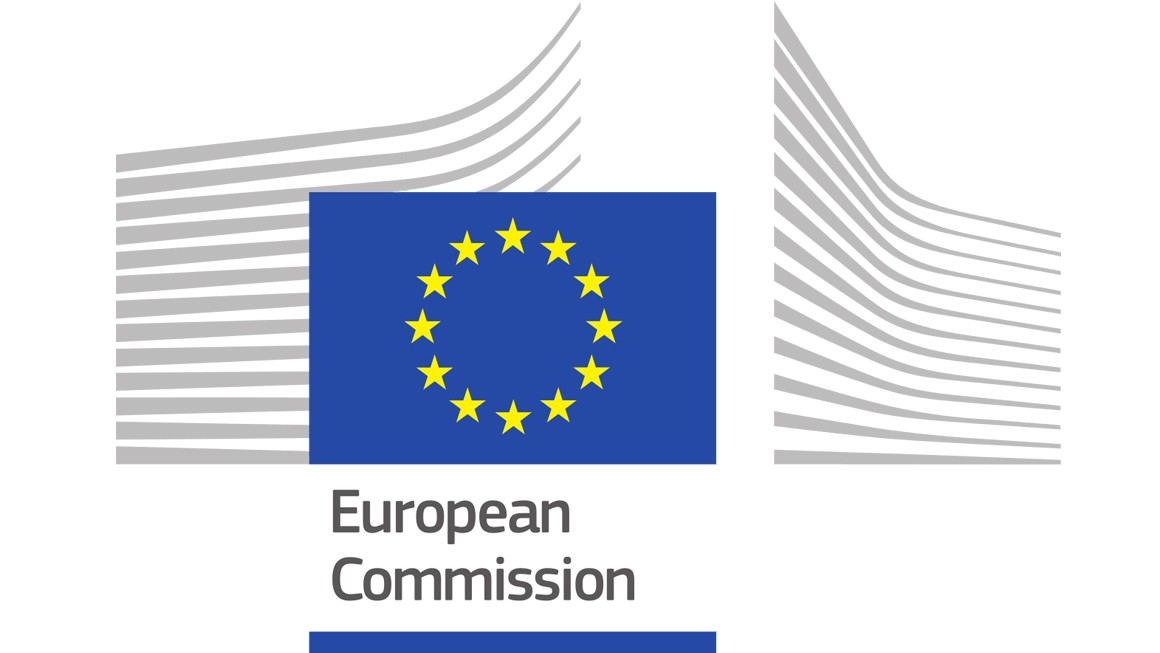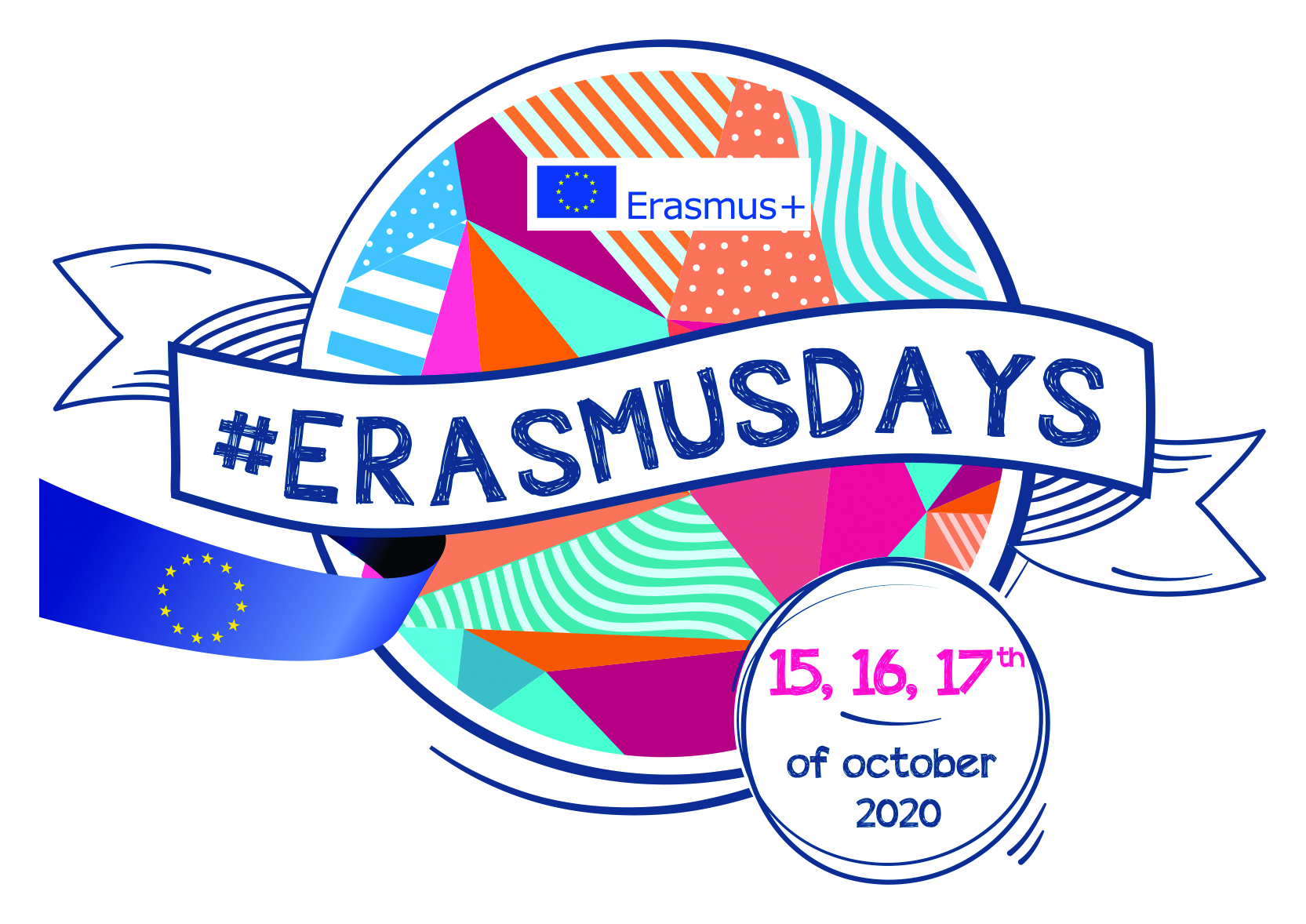
Erasmus+, Jean Monnet Module
Project funded by European Commission Erasmus + Programme–Jean Monnet
Project Number: 600616-EPP-1-2018-1-SIEPPJMO-MODULE



Faculty of Mathematics, Natural sciences and Information Technologies
University of Primorska
European Union Economic Trends
During the last decade, the resilience of the EU has been challenged by multifaceted crises: the sovereign debt crisis, governance and political turbulences, and - lastly, the migrant/refugee crisis, Brexit and the Covid-19 pandemic. EU policymakers are yet to find solutions, but in the on-going debates and policy creation we are able to ascertain key trends in relation to every one of these problems, which are now shaping the future EU socio-economic environment.
In a need to develop suitable economic strategies, policymakers at national and supranational (European Union) level are constrained by common global trends and challenges. These global trends and challenges shape the political, economic and social systems of EU members and the Union as a whole. Against this background the project EU Economic Trends (EUET) proposes the introduction of a tailor-made elective course elective (Bachelor-level, 3rd year) that presents a substantive teaching upgrade and enhancement of the research in EU studies at the UP. The overall aim of the project is to narrate, survey and critically assess economic trends faced by EU members and EU as a whole, which are reshaping economic systems throughout the globe making the world more and more complex.
The proposed course European Union Economic Trends analyses growth drivers, policy challenges and possible strategies from the EU perspective. The added academic value is demonstrated through its specialized coverage of specific economic topics with implications on the shape of the future EU economy, such as youth unemployment and population ageing, growing inequalities, up-to-date financial trends on capital markets (e.g. Islamic financing, Bitcoin) and technology.
The objective is to provide students with an overview of current trends: political, economic and regulatory, and their implications for the EU economy and EU policymakers, while focusing on the traditional ‘growth drivers’ such as monetary/fiscal policy, capital markets and other, as well as on more alternative growth drivers: ‘disruptive technologies’, fiscal unification, banking union, criptocurrencies, etc.
Overall, the introduction of this course addresses two existing needs at the UP: 1) development of a bespoke course for students at a crucial point in their studies (either entering the labour market – requiring awareness of key economic trends, or continuing Master studies –requiring specific EU knowledge); 2) it contributes to capacity building, by supporting young researchers at the UP to dedicate the career and research to the development of ‘European curricula’.
Syllabus of the course
The objective of this course is to allow undergraduate students to understand the economic and financial aspects of challenges ahead the EU that can be of different nature and not solely economical (e.g. political). The aim is to present to students the already acquainted economic theory from a different (EU) perspective and go beyond theory itself. The course is based on real, up-to-date EU challenges and trends, which are analysed in a broader context. Members of the teaching staff aim to present and survey EU drivers and trends, emphasizing among the students a critical discussion of contemporary topics.
The structure of the syllabus can be divided into four main areas with the teaching topics as follows:
1. Introducing the E(M)U (EU origin; Position of the EU economy in the world; The issue of intergovernmentalism; among others)
2. EU growth drivers (Human capital and migration; R&I, technology and innovation; European TFP; The burden of public finances and the Fiscal Union; Capital Markets Union; among others)
3. EU challenges (Facing an ageing world and youth unemployment; Ethics and Islamic finance; among others)
4. EU strategies (Governance and the role of EU (strategic game play); Brexit and SEE-enlargment)
Prerequisits: There are no official prerequisits. However, basic knowledge about main microeconomic and macroeconomic concepts is welcomed.
Objective: Acquire knowledge and skills for a proper understanding of the economic and socio-political challenges posed to the EU as well as current trends within the EU. The course starts from the already familiar concepts and models of economic and financial theory and analyses them in light of the current and ongoing EU trends, by means of interdisciplinary approach.
Competences: Students learn about the EU and its challenges ahead. Students understand what are the EU challenges and strategies and are able to critically discuss them from an interdisciplinary perspective.
Teaching staff
The course European Union Economic Trends consist in a general part delivered by Ana Grdović Gnip and several specific topics taught by experts in the field.
Dr. Ana Grdović Gnip(Academic coordinator, University of Primorska, Slovenia)
Ana Grdović Gnip is Assistant Professor in Economics at the Faculty of mathematics, natural sciences and information technologies, University of Primorska. She holds a PhD from the Faculty of Economics, University of Ljubljana. Her primary research interests include fiscal policy, macroeconomic stability and EU economics. Among others, she published in Journal of Financial Stability, Journal of Policy Modeling and Post-Communist Economies.
Dr. Marta Božina Beroš (Juraj Dobrila University of Pula, Croatia)
Marta Božina Beroš is an Associate Professor at the Faculty of Economics and Tourism, Juraj Dobrila University of Pula (Croatia), where she teaches on EU finance and EMU law and governance. She graduated cum laude from the Faculty of Law, University of Zagreb, holds a MSc in Economics from the University of Zagreb and a PhD in Economics from the University of Ljubljana. Her research interest focuses on integration dynamics within the EMU, and on agency governance in the context of differentiated integration. Her publications have appeared in the JCMS, the Maastricht Journal of Comparative and European Law, the Palgrave Series in Banking and Finance and E. Elgar Commentaries in Financial Law.
Dr. Gabriella Gimigliano (University of Siena, Italy)
Gabriella Gimigliano is Assistant Professor at the Business and Law Department, University of Siena. She holds a PhD in banking law and law of financial markets from the University of Siena. Her research interests include law of payments, business law as well as banking and financial law. Her publications include articles in distinguished scientific journals, chapters in books and books.
Dr. Andreas Tsopanakis (Cardiff University, UK)
Andreas Tsopanakis is Lecturer at the Cardiff University where he holds courses in the fields of finances and international finances. He holds a PhD in economics from the University of Glasgow and his PhD thesis in finance was awarded with the Smith Business School Prize for PhD Excellence. His publications appear in distinguished journals such as Macroeconomic Dynamics, European Journal of Finance, Journal of International Financial Markets, Institutions and Money, and many others.
Dr. Arjana Brezigar Masten (University of Primorska and Bank of Slovenia, Slovenia)
Arjana Brezigar Masten is Associate Professor at the Faculty of mathematics, natural sciences and information technologies, University of Primorska, as well as Head of Economics, Monetary, Research and International Relations Department at the Bank of Slovenia. Her main research interests include applied economics and financial markets. Her publications appeared in esteemed scientific journals such as Journal of Banking & Finance, Journal of International Money and Finance, Eastern European Economics, and others.
Žiga Velkavrh (University of Primorska, Slovenia)
Žiga Velkavrh is young researcher and assistant at the Faculty of mathematics, natural sciences and information technologies, University of Primorska. He is a PhD student with research interests in game theory and its application.
Online e-learning resources
All course materials are regularly updated on the official e-learning webpage of the course.
Events
June 10th, 2019: Workshop on Youth unemployment in EU: trends and policy measures held by dr. Iva Tomić from the Institute of Economics, Zagreb
May 27th, 2020: Workshop on Bitcoin and blockchains with economic implications held by dr. Ferdinando Ametrano from the University of Milano Bicocca, Italy
 October 16th, 2020: Erasmus+ days event; Video testimonial
October 16th, 2020: Erasmus+ days event; Video testimonial
Sharing benefits & spreading the word! Video testimonial created in collaboration with dr. Ivana Bajakić (University of Zagreb) Jean Monnet Professor and leader of the Jean Monnet Module "EU Financial Markets and Regulation". The aim of the testimonial is to shortly present the two Jean Monnet Modules and share our experiences focusing on the explicit benefits we gained thanks to the projects. Worth emphasizing is that dr. Bajakić and myself met for the first time at the Jean Monnet Kick off meeting and since then we collaborate. The video about our testimonials is available at the following link: Sharing benefits & Spreading the word!

Twitter account
 Twitter account.
Twitter account.
Teaching contact
Ana Grdović Gnip
e-mail: ana.grdovic@famnit.upr.si




 October 16th, 2020: Erasmus+ days event; Video testimonial
October 16th, 2020: Erasmus+ days event; Video testimonial
